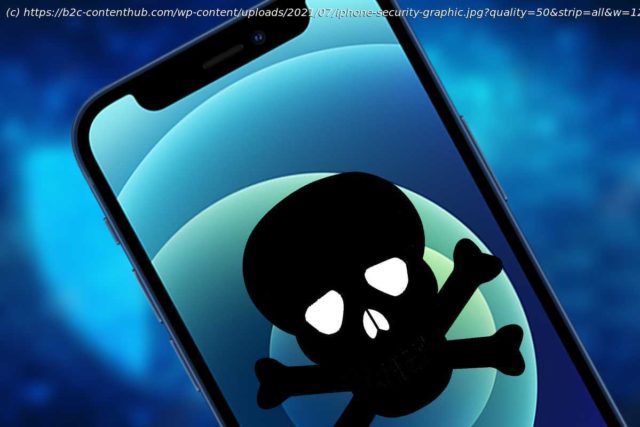Chaos and recriminations on the App Store, foldable iPhones and giant iPads, and all the news, rumors, and tips you missed this week.
Welcome to the new home for Apple Breakfast! If you’re a reader of Macworld’s UK site, you’ll recognize this column that will now appear on Macworld.com every Saturday. If you’re new, this is our weekly collection of all the Apple news you missed this week, in a handy bite-sized roundup. We call it Apple Breakfast because we think it goes great with a weekend cup of coffee or tea, but it’s cool if you want to give it a read during lunch or dinner hours too. If you’ve used Twitter at all this year, chances are you’ve seen people posting little grids of grey, yellow and green squares to celebrate victories in the online game Wordle. The viral sharing mechanism may be annoying, but the game is actually quite fun. Give it a go if you haven’t already. We all react differently to a heartening success story like this, and several app developers who really ought to know better chose to celebrate by shamelessly ripping the game off, slapping on a massive subscription fee and boasting about their cleverness. At first, their clones of Wordle (the game’s creator hasn’t made an iOS version of the game, and doesn’t plan to – but here’s a way to get the online version on your iPhone) made it through Apple’s vetting process and tricked some unwary customers, but Apple soon got wind and chucked them out. This guy shamelessly cloned Wordle (name and all) as an F2P iOS game with in-app purchases and is bragging about how well it’s doing and how he’ll get away with it because Josh Wardle didn’t trademark it. So gross. pic.twitter.com/kIs8BypuRA All’s well that ends well, perhaps. Or perhaps not – because contrary to Apple’s claims to thorough curatorship this was not the first and without doubt will not be the last incident of cloning, ripping off and passing off to afflict the App Store. Indeed the incident prompted Jason Cross to argue that the App Store is a total mess: “absolutely rife with scam apps, knockoffs, deceptive and exploitive subscription fees, and fake reviews that prop it all up”. The problem, as Jason explains, is one of incentives. Apple certainly has the resources to dedicate a team to rooting out app cloning, but aside from the trivial cost of such a project, the company would be kissing goodbye to a far larger sum from lost revenue: unfortunately clones can make a lot of money, which means platform owners are incentivized to turn a blind eye if they can do so without too much adverse publicity. We’re not saying Apple knowingly allows such behavior–merely that the amount of effort the company devotes to preventing it will be inversely proportional to its bottom line, at least in the short term.






